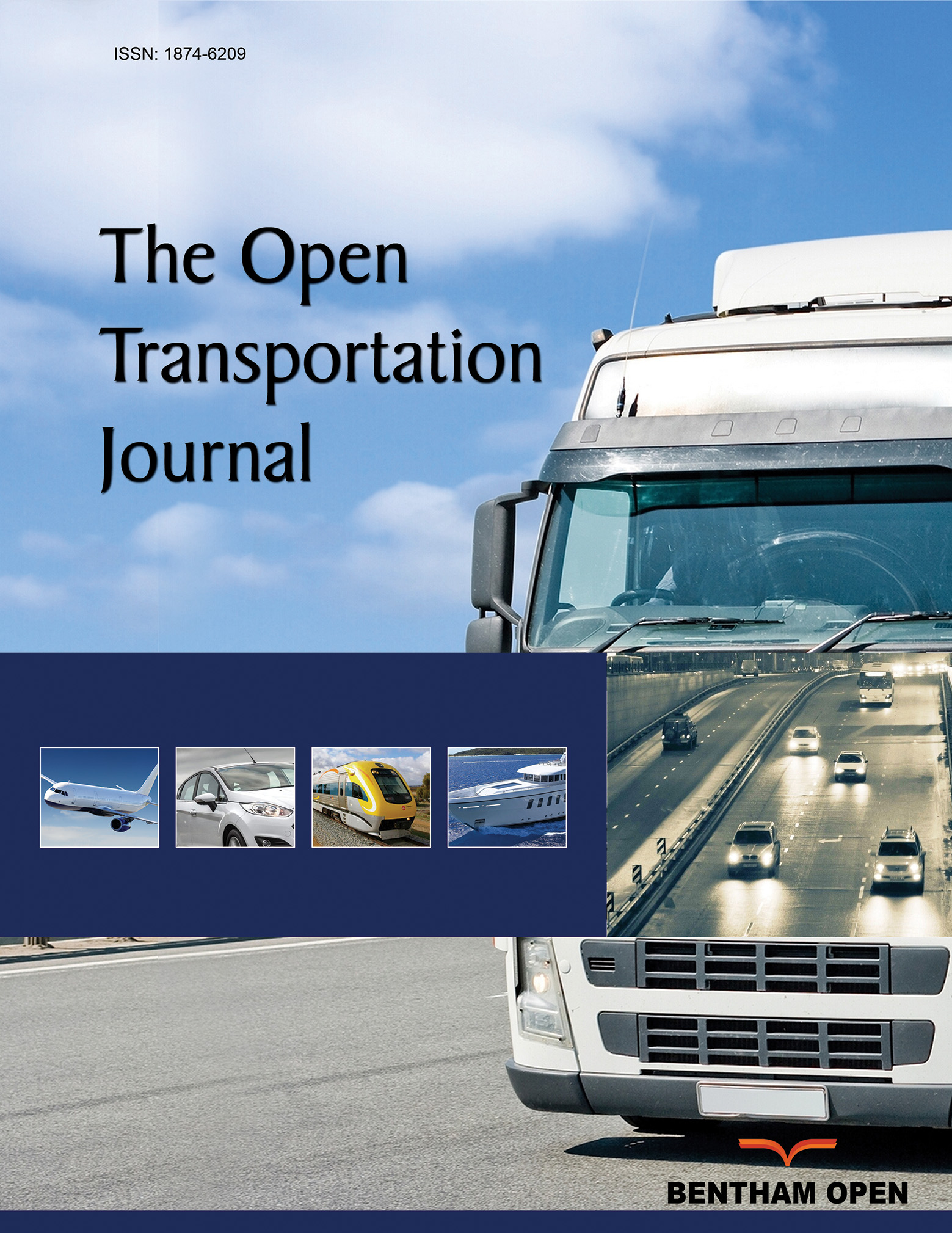All published articles of this journal are available on ScienceDirect.
Using SWARA II for Subjective Evaluation of Transport Emissions Reduction Policies
Abstract
Background:
Transportation is a significant contributor to greenhouse gas emissions, necessitating the implementation of effective policies to mitigate its environmental impact. The use of Multi-Criteria Decision-Making (MCDM) methods is crucial for evaluating policies that aim to reduce transport emissions and for assigning importance or prioritization to various options. These techniques are valuable because they allow for unbiased and thorough evaluations of policies in a systematic way.
Objective:
This study aims to address the evaluation of transport emissions reduction policies, while considering varying levels of budget constraints.
Methods:
An MCDM technique, called SWARA II (Stepwise Weight Assessment Ratio Analysis II), is presented to evaluate the effectiveness of different policies across three budget scenarios. This study provides a framework for addressing the challenges associated with transport emissions reduction policies.
Results:
The evaluation results show that at a low and medium-budget level mode, increasing active and public transport trip share and reducing trip demand could be a feasible policy for implementation. As a result of the analyses, the weight of this criterion is 0.207 at the low-budget level and 0.204 at the medium-budget level. Moreover, switching from fossil-fuelled vehicles to low or zero-emission vehicles is a suitable policy at the high-budget level. This criterion has a weight of 0.247, according to the results.
Conclusion:
This study offers insights into the evaluation of transport emissions reduction policies while considering the impact of varying budget levels. The findings contribute to the development of informed policy strategies that optimize emission reduction efforts within financial constraints.


